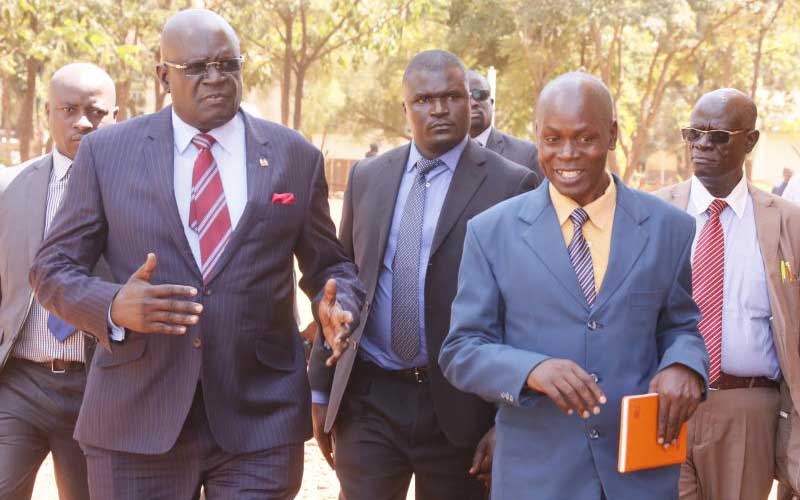×
The Standard e-Paper
Join Thousands Daily

With more than 60 learners, teacher Jane Muchina has just started her Kiswahili lesson for the day. The bright and eager pupils are excited.
“I have been trained in both Competence Based Curriculum (CBC) and Tusome. I am happy that CBC focuses on the child’s well being,” she says.